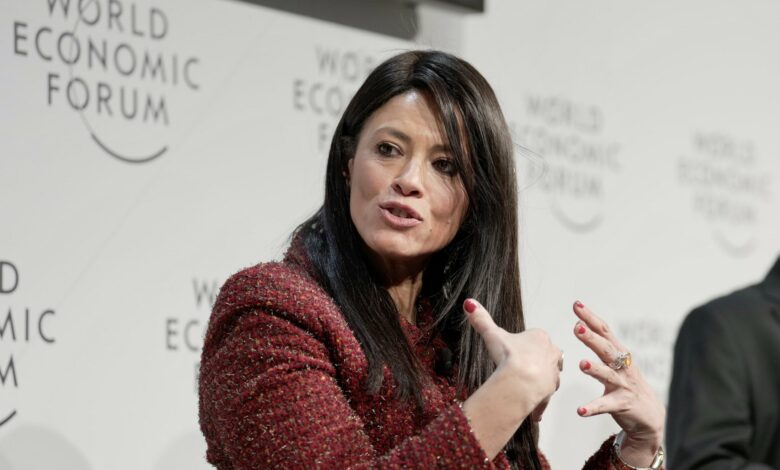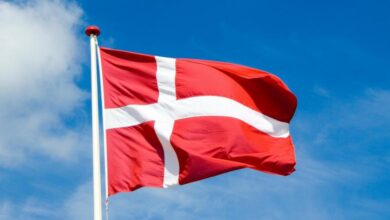
Minister of International Cooperation and Governor of Egypt at the World Bank Group, Rania al-Masha, highlighted the importance of Egypt’s decades-long partnership with the World Bank, which has granted enhanced technical support and development financing for many priority projects.
This came during Mashat’s discussions with the Prime Minister’s Advisor for IPO Affairs, Mahmoud al-Saqqa, the Assistant to the Prime Minister and Head of the Information and Decision Support Center, Osama al-Gohary, and the Prime Minister’s Advisor for Economic Affairs, Gehan Saleh.
The meeting discussed preparations for the visit of the World Bank’s technical mission, which is scheduled to come to Egypt this week to discuss technical cooperation with the government regarding the implementation of the state ownership policy document.
It also touched on the technical support efforts provided by the World Bank to state-owned companies.
The meeting witnessed a discussion of the government’s priorities and vision regarding technical cooperation with the World Bank Group, needs and requirements.
The mission is scheduled to hold meetings with relevant national authorities to crystallize the vision for technical cooperation during the next phase, under the strategic partnership framework with the bank during 2023-2027.
Egypt is eager to enhance the technical support provided to implement the state ownership policy document, Mashat said, as part of the government’s vision and state directions to empower the private sector and enhance its participation in development efforts.
This will be done through cooperation with the World Bank to benefit from the best international practices in managing state-owned assets through employment and governance in order to maximize the use of these assets.
Mashat added that the technical cooperation being developed with the World Bank complements the role played by the International Finance Corporation as an advisor to the state’s IPO program.
The government IPO program aims to stimulate efforts to attract investments, enhance technical cooperation and knowledge to manage state-owned assets, expand the base of private sector participation in development, and raise economic growth rates.




